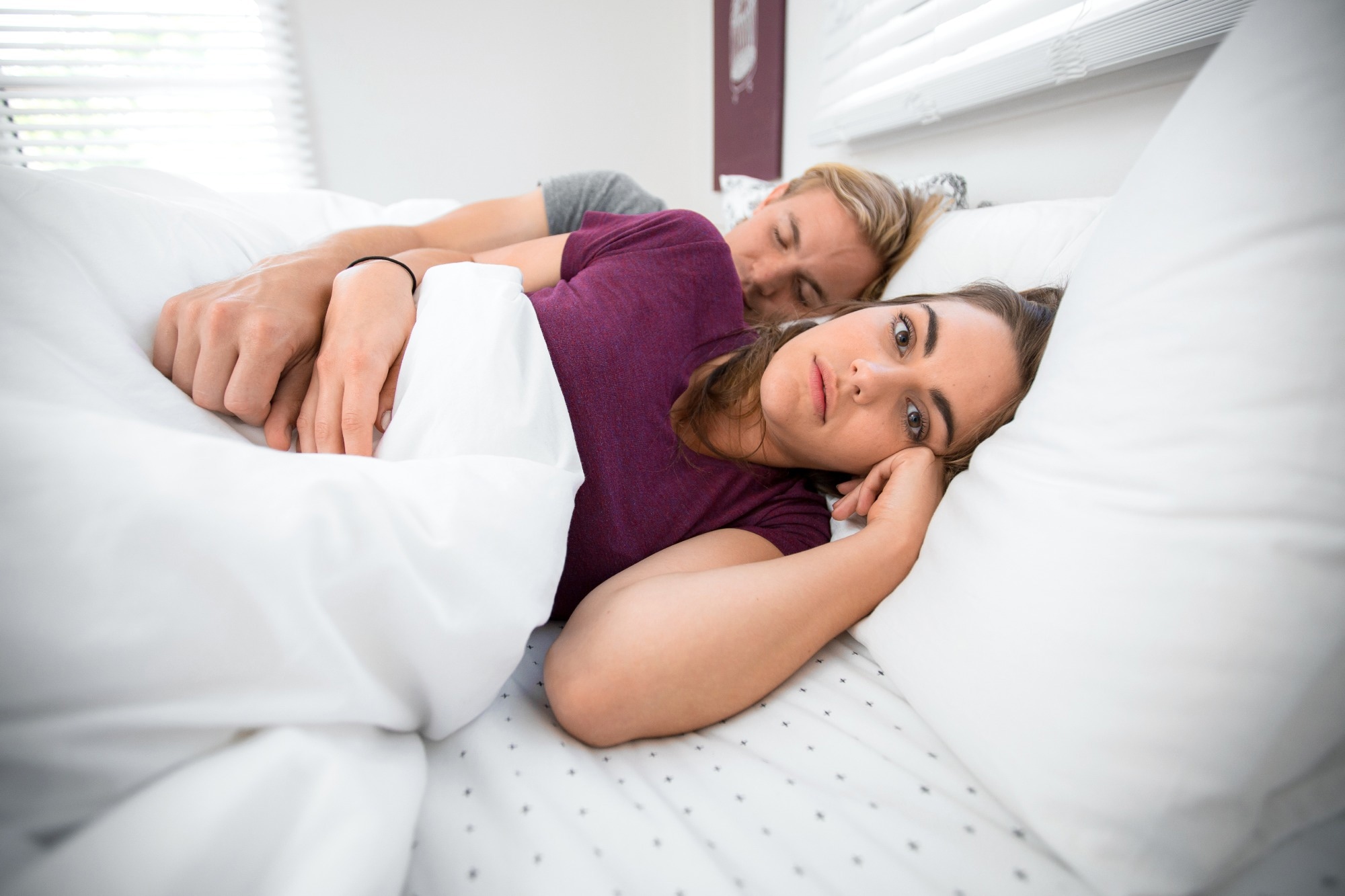The human sexual response is essential for reproduction, satisfaction, and reward. Imbalance and dysregulation in the inhibitory and neurophysiological excitatory pathways that regulate arousal and sexual desire can lead to low sexual desire. Hypoactive sexual desire disorder (HSDD) is one of the most common forms of low sexual desire, which affects approximately 8 percent of men.
Recent studies indicated that HSDD could be triggered by hypoactivation in brain regions mediating sexual desire and hyperactivation in areas involved in self-referential processing. Moreover, HSDD has been reported to negatively impact fertility, interpersonal relationships, and quality of life. However, no licensed pharmacotherapies or treatments are under development, irrespective of the high clinical burden. Additionally, previous research has highlighted no improvement in the sexual function of eugonadal men with sexual dysfunction on testosterone supplementation.
The neuropeptide kisspeptin is reported to be an important activator of the reproductive system, along with high distribution throughout the brains of humans and rodents. Recent research on animal models highlighted the roles of kisspeptin signaling in the modulation of reproductive behavior. Moreover, previous studies have also reported enhancement of limbic activity in response to sexual stimuli on kisspeptin administration. These data suggested that administering kisspeptin can lead to improved penile tumescence and brain processing in men with HSDD.
A new study in the journal JAMA Network Open aimed to analyze the mechanistic and clinical effects of the administration of kisspeptin in men with HSDD.
 Trial: Effects of Kisspeptin on Sexual Brain Processing and Penile Tumescence in Men With Hypoactive Sexual Desire Disorder. Image Credit: El Nariz / Shutterstock
Trial: Effects of Kisspeptin on Sexual Brain Processing and Penile Tumescence in Men With Hypoactive Sexual Desire Disorder. Image Credit: El Nariz / Shutterstock
About the study
The study recruited right-handed heterosexual men who were distressed or concerned about low sexual desire between 11th January and 15th September 2021. Diagnosis of HSDD was confirmed in all participants. Participants had to complete psychometric questionnaires as well as undergo blood tests. Moreover, information on body mass index (BMI), age, as well as race, and ethnicity was obtained from all the participants.
All participants had to complete 2 study visits within 7 days. Participants had 2 intravenous cannulas for kisspeptin or placebo administration and blood sampling. Blood sampling for hormonal measurements took place at 15-minute intervals from 30 minutes before the administration of the placebo or kisspeptin infusion till the end of the 75-minute infusion. fMRI scanning was carried out between 30 and 60 minutes of placebo or kisspeptin infusion. Participants also had to watch 20-second segments of sexual content that alternated with control nonsexual segments for 12 minutes as part of a short video task. Finally, participants had to watch a continuous 8-minute video of a heterosexual couple engaging in sexual activities as part of a long video task.
The primary outcome measured was changes in brain activity, while secondary outcomes included changes in behavioral measures of sexual desire and arousal, anxiety, general mood, and nonsexual attention.
Study findings
The results indicated that a total of 37 men were recruited, out of which 32 completed the trial. The mean age of the participants was reported to be 37.9 years, and their BMI was 24.9. Twenty-two participants were reported to be White, 6 Asian, and 4 Black. An increase in kisspeptin levels was observed upon infusion, along with an increase in follicle-stimulating hormone (FSH) and luteinizing hormone (LH) levels.
Kisspeptin was observed to increase activation of the left anterior cingulate cortex (ACC) and left middle frontal gyrus (MFG), along with deactivation of the bilateral parahippocampus. Moreover, participants with higher distress at baseline were observed to show more significant kisspeptin-enhanced brain activity in the posterior cingulate cortex (PCC) after watching the short video task. Kisspepetin was also observed to increase penile tumescence in response to the extended video task.
Furthermore, kisspeptin was observed to increase activity in the bilateral visual cortex and right fusiform gyrus as well as decrease activity in the bilateral precuneus and left frontal pole. Additionally, kisspeptin was observed to increase participant-reported happiness and flushing about sex as compared to placebo. Administration of kisspeptin was reported to be well-tolerated and showed no clinical impact on heart rate or blood pressure.
Therefore, the current study demonstrates that the administration of kisspeptin in men with HSDD can improve brain sexual activity and increases penile tumescence in response to sexual stimuli. This suggests that kisspeptin-based therapeutics might be the first safe and needed intervention for men with HSDD and low sexual desire.
Limitations
The study has certain limitations. First, the study sample was limited to righthanded heterosexual men. Second, differences in subjective arousal from sexual stimuli might take place. Third, the short videos did not include audio. Finally, the study might have missed some subtle behavioral effects if the participants were in more comfortable settings.